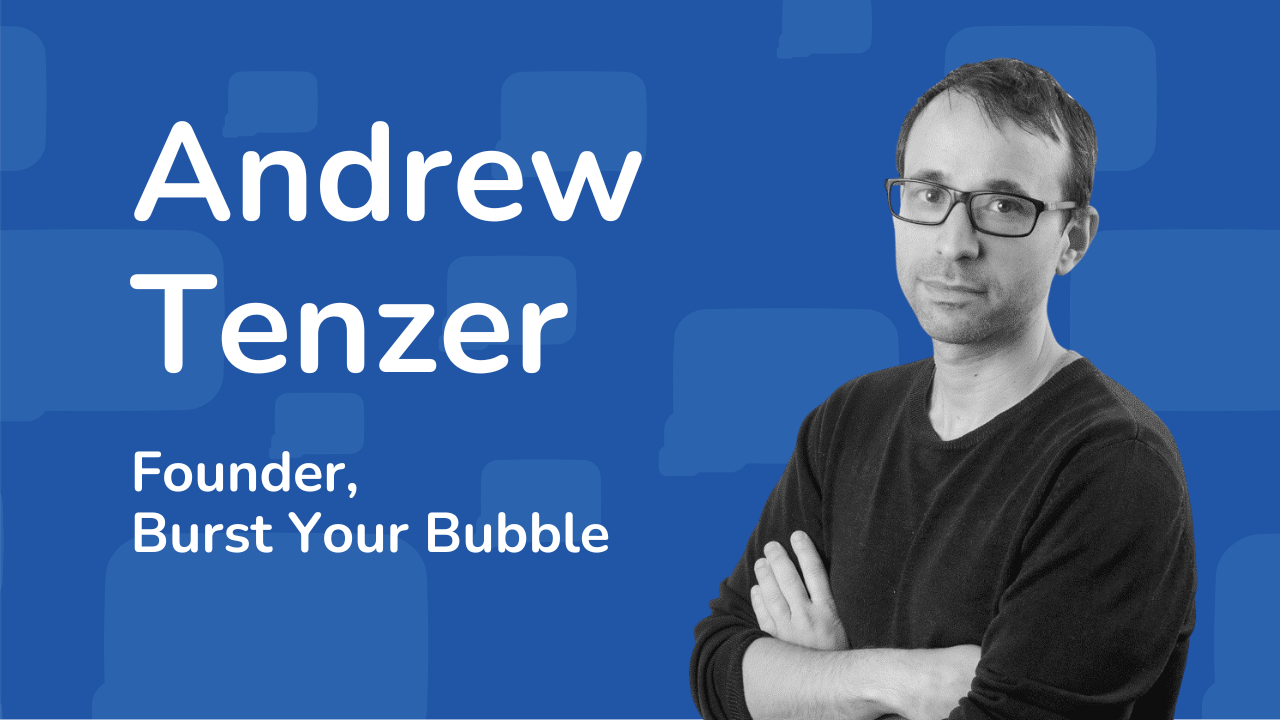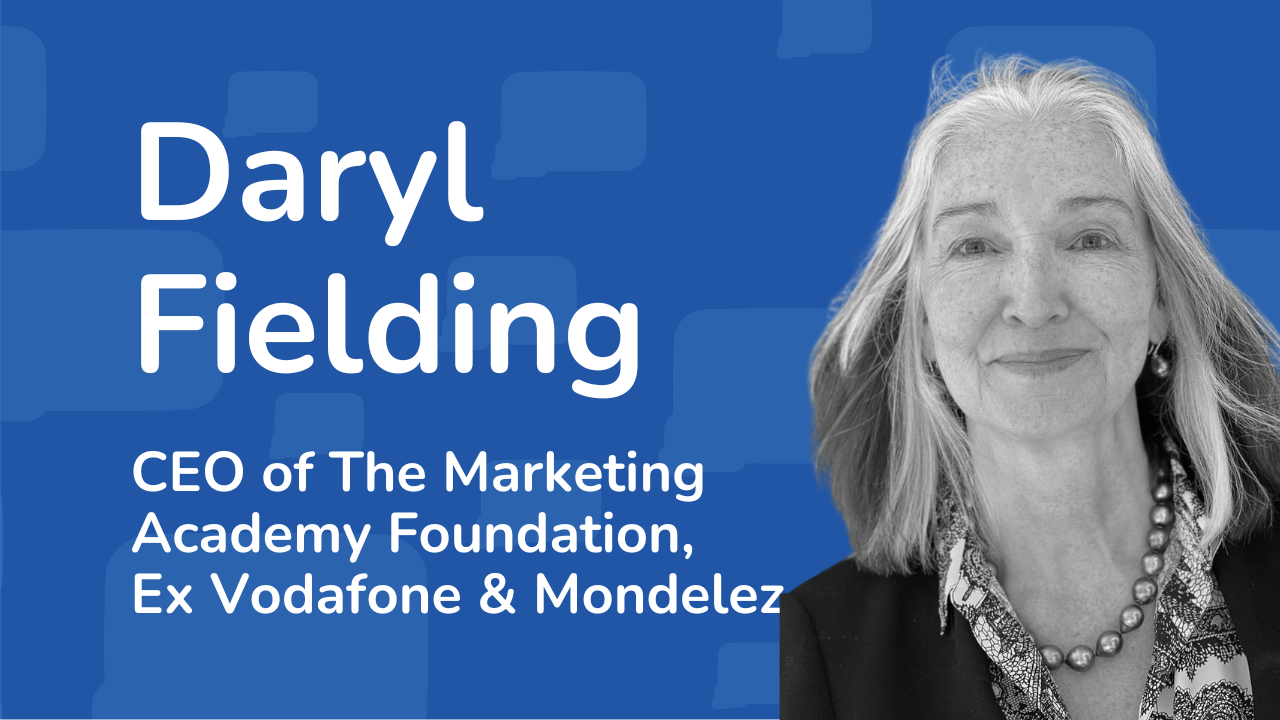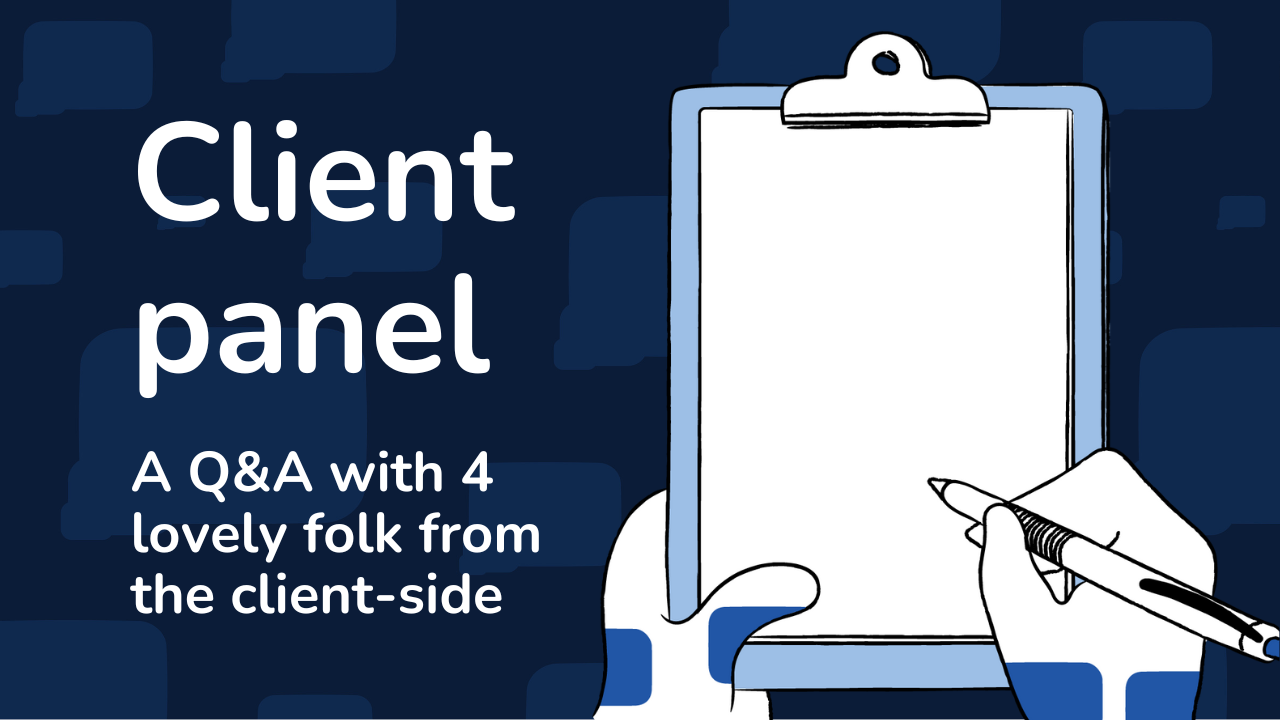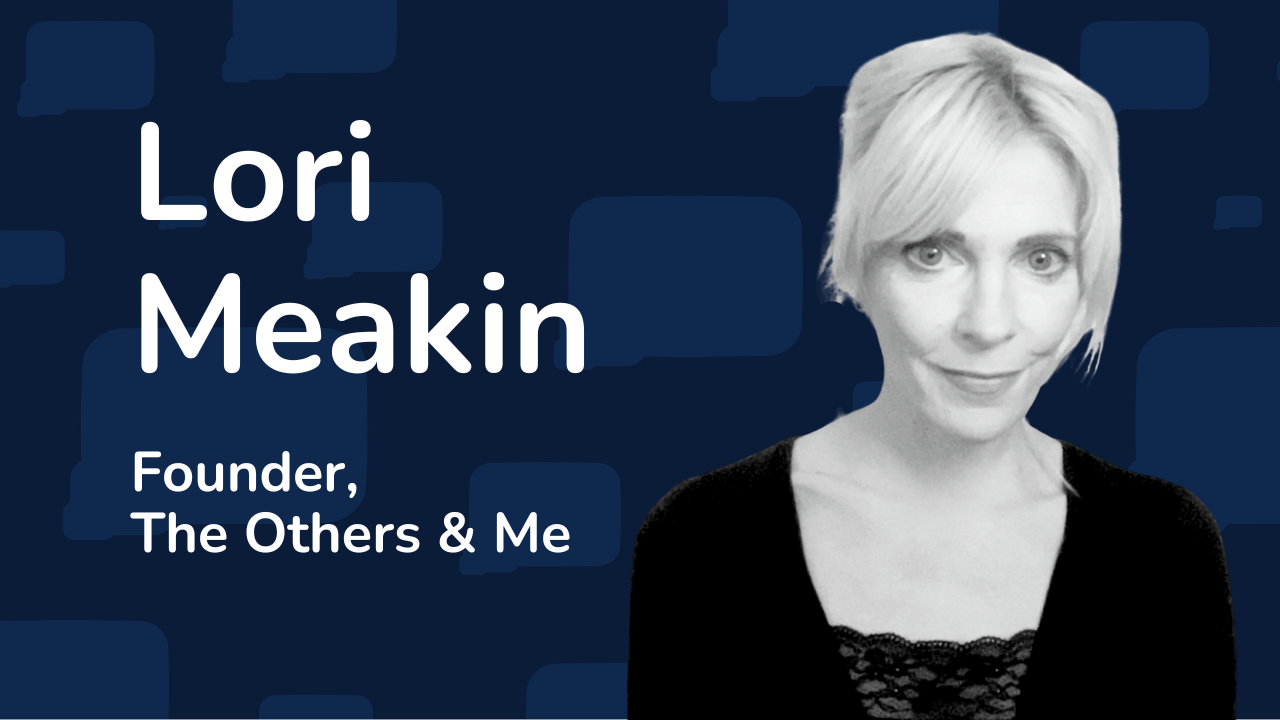Whether you label them consumers, shoppers or customers, they're all people. So how do you understand people not like you and make products that are right for them?
Hear from 10 speakers who'll challenge empathy, generalisations and segmentations. And who'll tell you how to learn from the margins, listen better, step away from your assumptions and get some perspective.
Your head may hurt after, but what a day it will be.
Best of all, it's in person and tickets are completely free.
Sweeeeeet!

Meet the speakers
Exciting soaraway growth won’t be found in the usual places, which is why it’s time to look in the unusual ones. The margins can be read, understood and seized as a springboard for growth. This talk will show you how.
Most of what we say is a post rationalisation and we have unconscious and contextual motivations for things. Rory will explore that to understand people not like us, perhaps we first have to understand ourselves a little bit better.
Listening quality predicts many benefits. Improving listening quality, is, however, challenging. One first step is acquiring a habit of inviting other people to tell stories so that the listener can connect to the speaker's world, gain their trust, and learn.
For more than 20 years, Mumsnet has been busting the myth that assumes mums are only interested in nappies and school catchment areas. CEO and founder Justine Roberts will discuss how the site uses insight innovations like AI tool MumsGPT to draw on millions of user conversations, cut through the stereotypes and find out what mums really think and feel.
Bobby Duffy has spent years studying generational distinctions, separating the fact from fiction. The Generation Myth is based on an analysis of over three million people globally to understand the real differences, and similarities, between generations. Duffy offers a simple model for understanding the type of change we’re seeing, and what this means for future trends.
Helen will sit down with Alistair, our CEO, to discuss what can we learn from journalists about how to 'understand' people. They'll also discuss where some people have worked out how to appeal to others (and are using that in a potentially dangerous way) and whether our inability to have reasoned debate means we're more opinionated, but less informed.
Andrew will explain how the culture of marketing limits the potential of the industry, and why empathy isn't the route to audience understanding.
How embracing new perspectives has transformed business performance and the intense effort needed to get there.
Our wonderful panel: Benazir Barlet-Batada (ex Mondelez), Katherine Duff (BBC), Elliot Hollamby-Jones (Bayer) and Paul Thomas (Beam Suntory).
As a qualitative researcher I hear that empathy is our superpower, that empathetic research will help our clients walk in their customers’ shoes and even that empathy is ‘everything’ in research. I don’t buy it. In fact, for as I will outline, I think empathy has become not only a hindrance but a poisoned chalice, which is leading to poorer insights.
Although gender equality is proven to benefit all of us, there’s a lot of misinformation, fear and frustration flying around that’s stopping us making real progress: “The future is female.” “Gen Z are the woke generation.” “It’s men who are now being discriminated against.” So how do we get past this ‘us vs them’, ‘Menemies’ mindset?
That's not some strange talk title, by the way :-) Alistair genuinely will be our MC. In somewhat less of an important role, he's also CEO of Watch Me Think. Outside of work he does stand up comedy, is deeply interested in people and things, and spends a lot of time ferrying his children around to various events with very little thanks.
Roll up, roll up. Get your tickets.
No agencies, please (sorry! 😔)

Watch the bigger picture, with Watch Me Think
In-the-moment behaviours. Analysed by giraffes humans. Turned into let's-do-it actions.


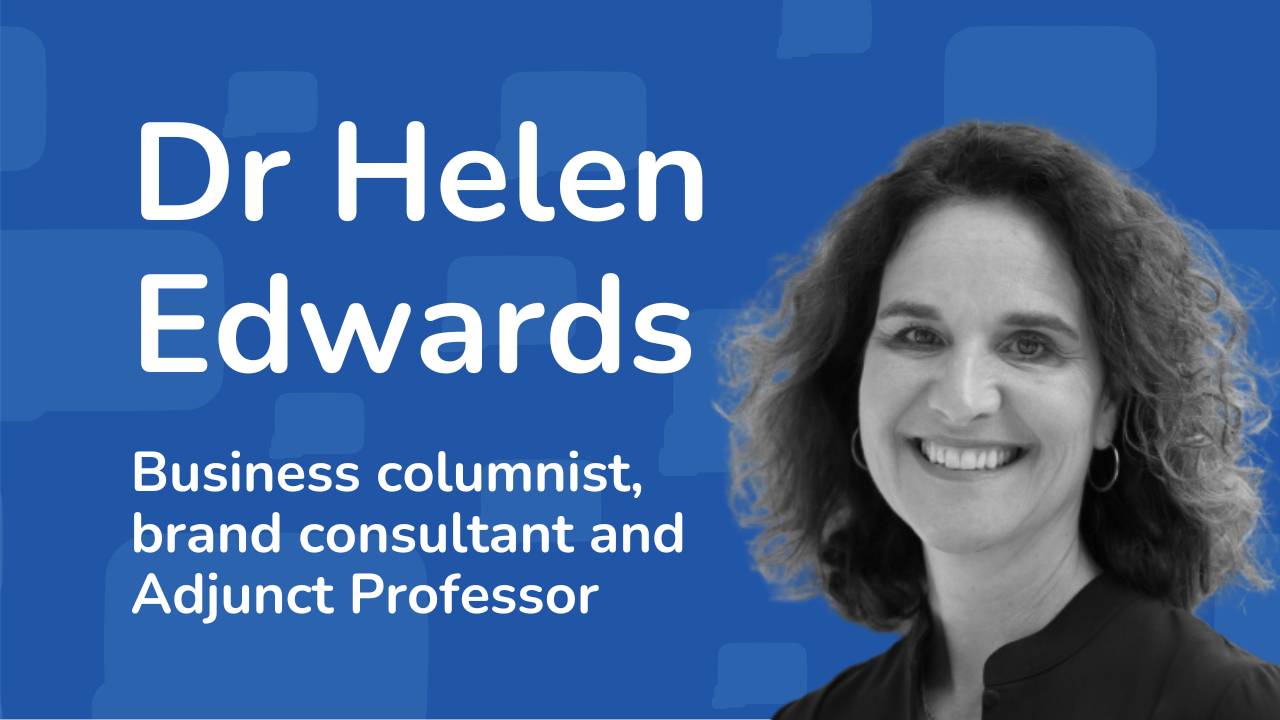
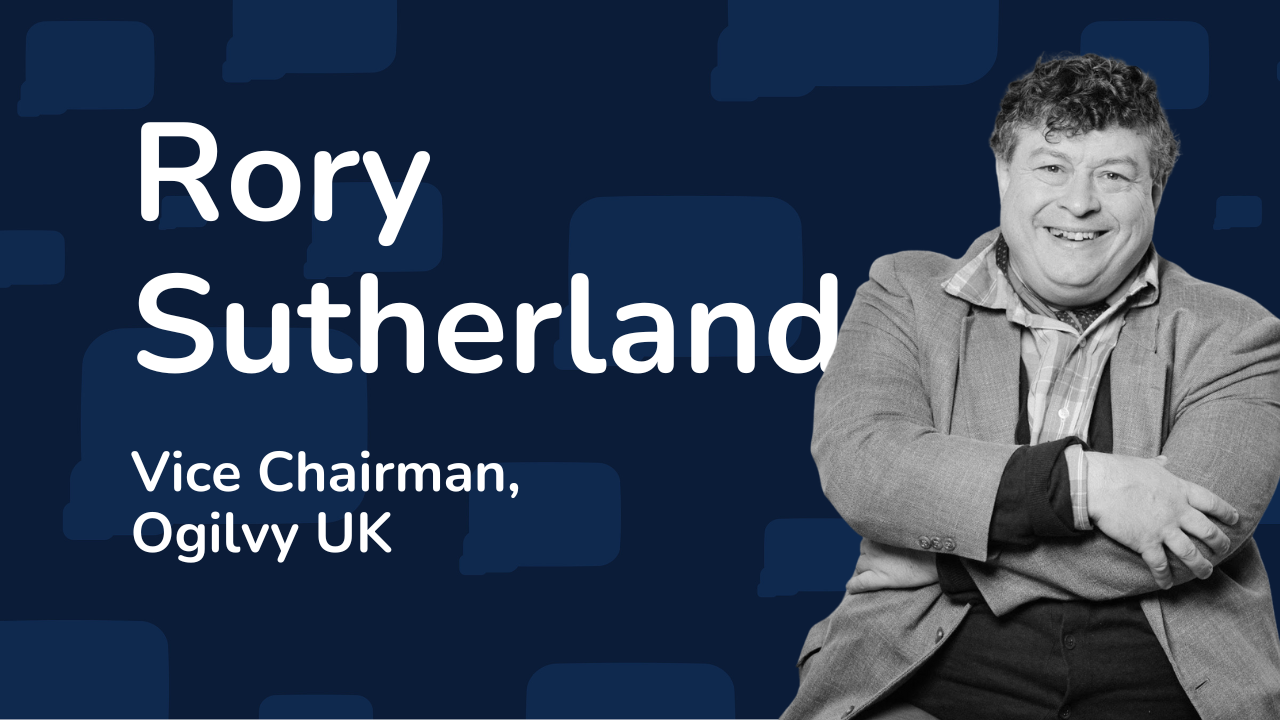

.png)
.png)

